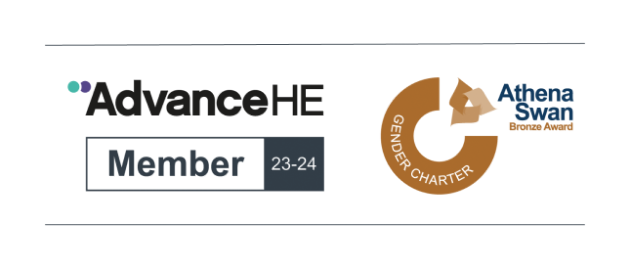This paper is available for the academic year 2023-24.
This paper offers you a thorough grounding in Portuguese grammar and vocabulary, starting at basic and taking you to intermediate level. As well as giving you the foundations for the literature, linguistics and translation work required by your course, the PGA1 paper equips you with the communicative resources to handle every day situations in Portuguese, both orally and in writing. This includes writing and speaking on topics of general interest.
The paper aims to take you to a level of linguistic ability roughly matching that of an A-Level qualification. This corresponds to level B1 as defined by the Common European Framework of Reference for Languages
This is an ambitious goal, and our ab initio students achieve it year after year. The course is intense, but all the teaching staff are committed to making the course an exciting and rewarding experience for you. Your teacher and supervisors will be there to offer all the support you may need.
If you attend classes and complete all the set work, by the end of the course you will be able to:
- Write and speak in Portuguese with a good level of accuracy in simple structures. You will have some understanding of more complex structures, but errors may be present.
- Have the vocabulary to discuss every day matters as well as topics of general (non specialised) nature.
- Understand basic to intermediate-level texts of a general (non specialised) nature.
- Understand spoken Portuguese when speech is at slow to moderate speed.
- Translate intermediate-level texts from English into Portuguese, even though certain words may need to be paraphrased.
- Have some familiarity with aspects of the culture of the Portuguese-speaking world.
- Meet the standards of Level B1 of the Common European Framework of Reference for Languages
In this paper we work with a combination of books, class handouts and online materials, but Ponto de Encontro, Second Edition - Portuguese As a World Language, by Clemence Jouet-Pastre, Pearson, will be our main textbook.
The PGA1 paper also has a CamTools website where you will find past exam papers, grammar sheets, worksheets and other class handouts as well as links to Portuguese language learning online materials.
Teaching for this paper has the following components:
1. Two language classes per week (offered by the Faculty), which take you through the major points of the grammar of Portuguese and basic vocabulary. You will be given a diagnostic test at the beginning of the year so that we can place you in the group that is best suited to you.
2. In addition to this, you will receive two supervisions with a native speaker (offered by your College). The supervisions are small-group sessions designed to support and enhance the work you do in the Faculty classes:
- The Oral supervision (weekly) provides a friendly atmosphere where you can practice and gradually build up confidence in your spoken Portuguese.
- The Language supervision (weekly in Michaelmas and fortnightly in Lent and Easter) is there to support your learning of grammar in particular. Your supervisor will give you detailed feedback on your written work. In Lent and Easter, this supervision alternates with a fortnightly literature supervision that will help you prepare for the PGA3 paper.
The two supervisions follow the same sequence of topics as your Faculty class in order to ensure that you acquire vocabulary in a progressive manner and that all parts of the course form a coherent whole.
In Lent Term, you will also have four Translation Supervisions in preparation for paper PGA2.
This paper is assessed in a three-hour written exam. You can find examples of past exam papers on the paper’s CamTools website and on the MML CamTools website. You will also work with exam papers in class in Lent and Easter.
The exam consists of a variety of linguistic exercises, divided into two sections:
Section A: Grammar exercises, reaction to a communicative situation and a translation of a short passage from English into Portuguese.
Section B: A text in Portuguese with related vocabulary and writing questions to test your reading comprehension skills and ability to summarise and write an argued response to the text.
Mr Felipe Schuery |



